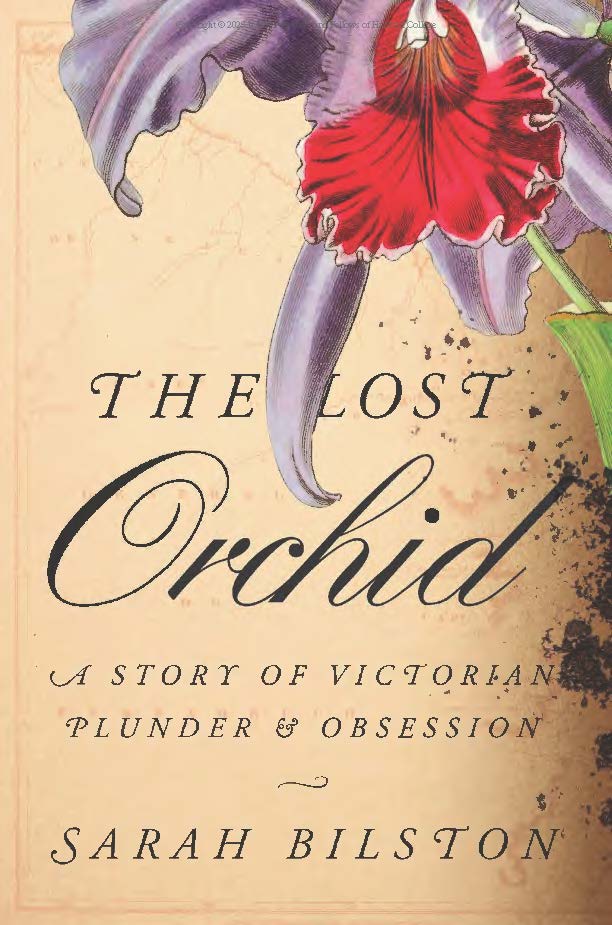The Cult of Beauty: The Aesthetic Movement 1860–1900
V&A Publishing, £40 hb, 288 pp
The Cult of Beauty: The Aesthetic Movement 1860–1900 by Stephen Calloway and Lynn Federle Orr
‘The hours when the mind is absorbed by beauty are the only hours we live …’
(Richard Jefferies, The Life of the Fields, 1884)
Britain in the later nineteenth century witnessed a radical rethinking of the role of art and design in society, one in which the earlier generation’s enthusiasm for industrial innovation and material betterment was replaced by a growing recognition of the necessity of beauty – in art, in literature, in furnishings, and in fashion – as the foundation stone of modern living. Emerging from bohemian artistic circles and avant-garde design, a new concept of beauty developed that was expressed in a variety of forms. These ranged from pictures whose meaning no longer resided in their narrative or moral content, but in the decorative balance of colour and line (summed up by the phrase ‘Art for Art’s sake’ and epitomised by the exquisite paintings of Albert Moore and James McNeill Whistler); to books of verse by William Morris or Algernon Swinburne, in which the elegance of the metrical form was matched by the stylishness of the type and cover design; to the ideal of the ‘House Beautiful’, where the subtlety and harmony of one’s arrangement of wallpaper, furniture, and objets d’art were now recognised as valid expressions of refinement and individuality.
Continue reading for only $10 per month. Subscribe and gain full access to Australian Book Review. Already a subscriber? Sign in. If you need assistance, feel free to contact us.















Leave a comment
If you are an ABR subscriber, you will need to sign in to post a comment.
If you have forgotten your sign in details, or if you receive an error message when trying to submit your comment, please email your comment (and the name of the article to which it relates) to ABR Comments. We will review your comment and, subject to approval, we will post it under your name.
Please note that all comments must be approved by ABR and comply with our Terms & Conditions.